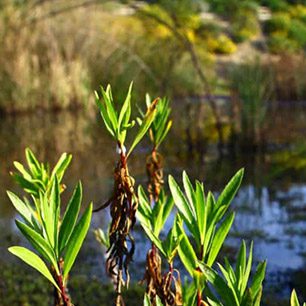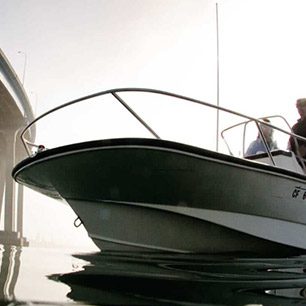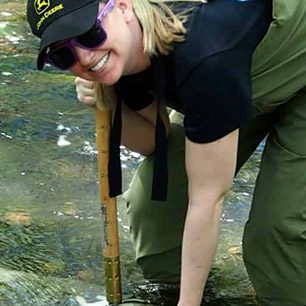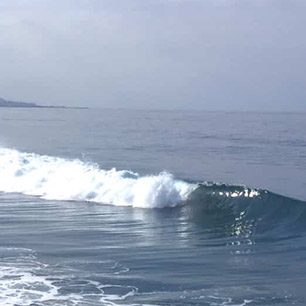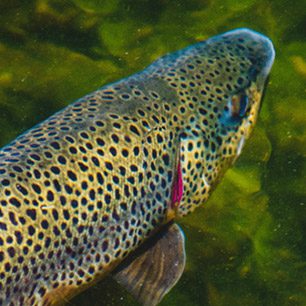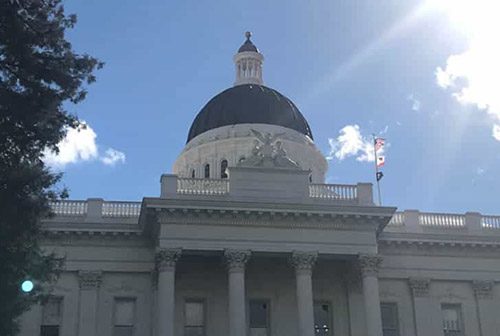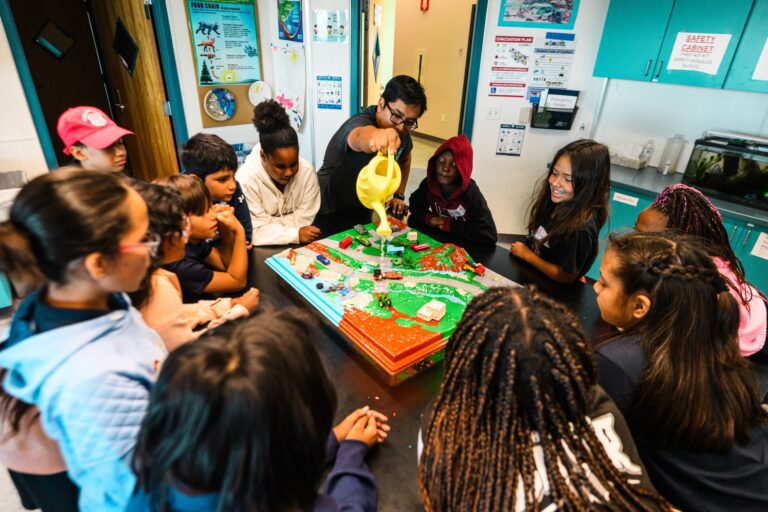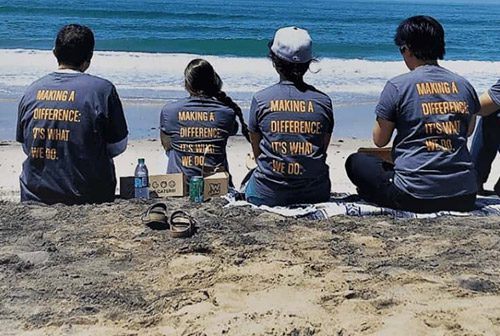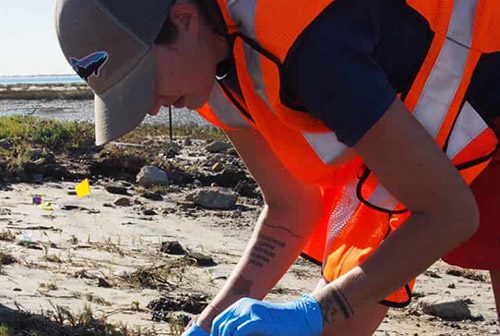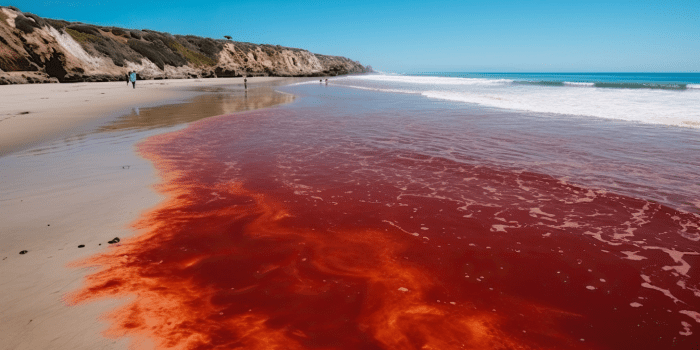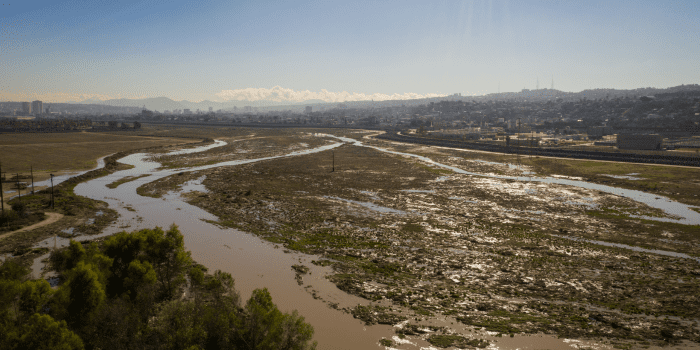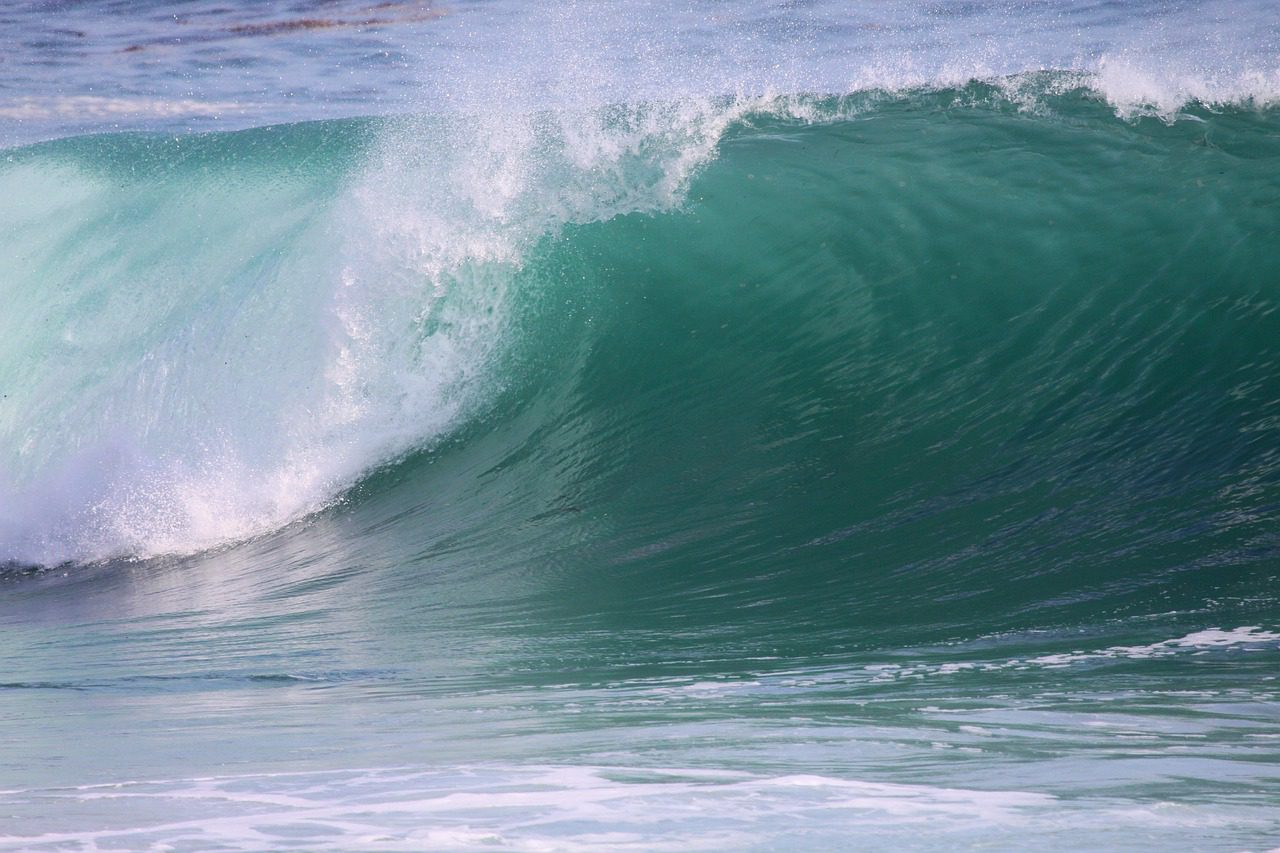I’m Canadian. Among the many subtle (and not so subtle) differences between home and here is Thanksgiving. We do celebrate Thanksgiving in Canada but with a few differences: it is earlier in the year, it is always on a Monday and there is no “Black Tuesday.” But the essentials are the same – families come together around the table to celebrate a harvest feast that includes most of the same cornucopia of yummy and very rich, fatty dishes Americans eat (buttery mashed potatoes, candied yams, turkey, all covered in gravy). But one thing we don’t really do for the most part in Canada is the phenomenon that is the deep fried turkey. My co-worker was telling me that her family will put a turkey deep fryer out on their driveway, fry their bird and then slowly neighbors will make their way over to fry their bird one after the other. It takes about 3- 5 gallons of oil to deep fry a turkey, so this strategy is a great one – friends and neighbors make good use of the oil and have a good time while doing it.
Thanksgiving is a great time wherever you celebrate it but, as all the fat from those rich dishes start to course through your veins and you sluggishly push away from the table to loosen the top button of your pants, consider for a moment what happens to all the fat you did not eat? Which leads me to this question – what to do with all that fat still on your plates or sitting in your deep fryer?
Few people know or realize that the fat leftover from our cooking and eating has a direct link to keeping our oceans and beaches clean and safe. This is because the fat we send down our drain when we are cleaning up after dinner (any dinner, not just Thanksgiving) is a contributor to one of the most common causes of sewage spills in the United States. Nationally, approximately 80 percent of the sewage spills that happen are due to what people in the wastewater industry refer to as F.O.G. – Fats, oils, and grease. F.O.G. that goes down our drains can stick to the sides of the pipes and just like fat in our arteries, it can build up. Overtime, F.O.G. can build to enormous quantities in our sewage pipes and can lead to sewage spills.
Here in San Diego, we regularly have sewage spills because of F.O.G. Over the past year in San Diego County, 17 sewage spills were caused by F.O.G., releasing over 15,000 gallons of sewage, 6,215 of which reached surface waters in our area. Coastkeeper has been working for almost fifteen years to keep sewage out of the water in San Diego so we understand that preventing these types of spills is an important part of maintaining the health of our oceans.
So, the answer to my question is – don’t pour the F.O.G. in your sinks or toilets. Also, flushing grease down a drain with soapy, hot water only moves the problem further down the system, it doesn’t eliminate it. Here are some steps you can take:
- Follow these simple guidelines put out by the City of San Diego.
- For small amounts of F.O.G., scrape out or use paper towels to wipe your pans, and then place the F.O.G. or soiled paper towels in the garbage.
- Pour excess fat into used milk or frozen juice cartons, let harden and then place it in your garbage.
- For larger amounts of F.O.G. (like after deep frying that turkey), City of San Diego residents can recycle their cooking oil and grease at the Miramar Landfill Recycling Center. A cooking oil recycling bin is available to for disposal of up to 30 gallons of cooking oil and grease. There is no charge for the service.
- I Love a Clean San Diego refers people to the closest place to recycle cooking oil all over the county.
- Or maybe you can consider doing what the City of San Francisco did and put that cooking fat to work fueling your car!

